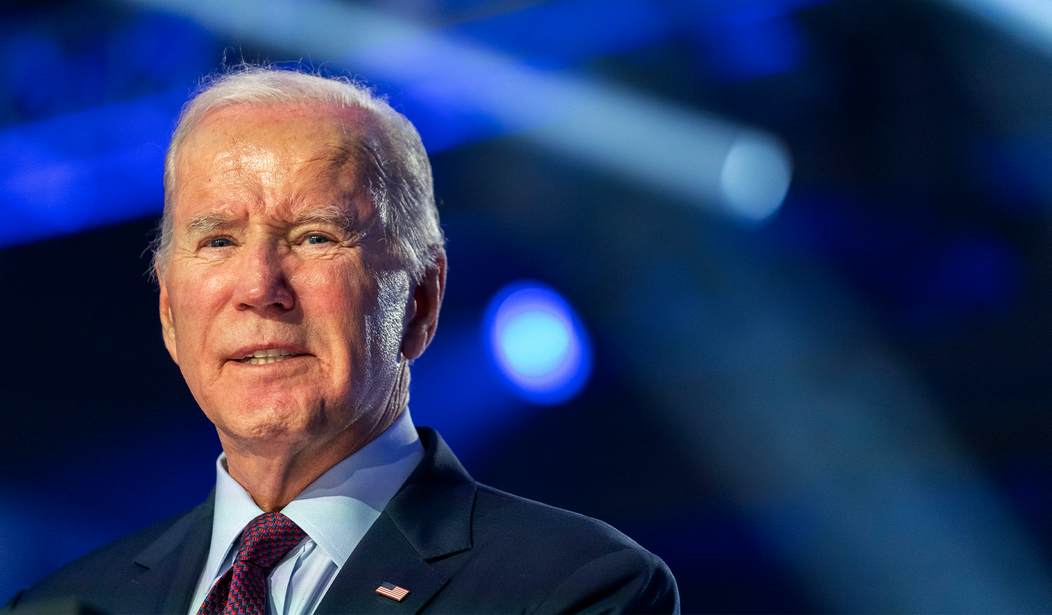It's a miracle of private sector innovation and the magic of the free enterprise system that technologies that were only the playthings of the super-rich a generation ago are now available and affordable to almost all Americans.
Back in 2000, only half of Americans had internet access. Now it's 92%. Today, nearly 19 out of 20 adults have access to the internet on their smartphones. Does this sound like a market that needs assistance from the government?
If you answered yes, you also probably believe that Al Gore invented the internet.
Government's main role was to simply stay out of the way. As explained by former Rep. Chris Cox (R-Calif.), who wrote the first bipartisan internet access law in the 1990s: "We achieved this rapid deployment by keeping internet regulation free and lawsuit free." Then-President Bill Clinton deserves credit too by keeping government hands off the internet.
But now the Biden administration -- which never saw an industry it didn't want to regulate and control -- has deputized the Federal Communications Commission to police the internet. They are doing so under the guise of "preventing digital discrimination."
President Joe Biden's infrastructure bill appropriated $65 billion to help expand access to high-speed internet -- even though nearly everyone already has it. Worse yet, he is playing the race card, and the new law empowers the FCC to effectively establish internet "equal access." The FCC lawyers then chose a standard known as "disparate impact," which means if they can find a minority neighborhood somewhere at any time that lacks the same internet access as a high-income area, they can slap the telecom companies with a lawsuit. You can almost hear the trial lawyers drooling.
Recommended
Plaintiffs don't even have to prove any intent to discriminate on the basis of race or ethnicity. These threats of lawsuits will inhibit -- not spread -- internet access.
If a telecom provider offers a new service, but not enough members of a protected group sign up, the FCC could impose a multimillion-dollar fine and require the company to fix the inequities. This is a backdoor way of creating internet access racial quotas.
Here's the problem. The FCC openly admits in its 235-page filing released in November that they could find "little or no evidence" of "intentional discrimination by industry participants." And they found no evidence that discrimination "contributes to disparities in access to broadband internet service across the Nation."
This would be like suing appliance or music stores for not selling enough blacks and Hispanics enough TVs or albums.
FCC Commissioner Brendan Carr warns that Biden's FCC has been given the authority to second-guess every aspect of an internet service provider's operations, from network maintenance and installation to everyday business operations such as pricing and marketing.
In other words, Carr believes the Democrats' strategy is to turn the internet into a regulated utility to oversee "access, content and pricing." This will work about as well as airline regulations in the 1970s and health care regulations in the 2000s -- which only made these services more expensive and limited access.
Don't be surprised if some of the telecom companies that have played a key role in bringing the internet into our homes and offices decide it's not worth the threat of lawsuits and opt to pull out of internet services. If that happens, the poor and minorities really will suffer a "disparate impact."
























Join the conversation as a VIP Member